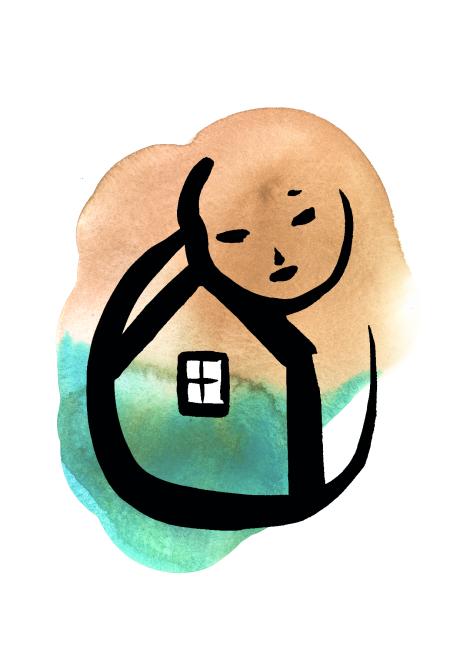CHILDREN AS RELATIVES IN PRIMARY CARE IN THE REGION OF VÄRMLAND
Children and young people living in families where an adult relative is ill, has substance abuse problems, has a disability, subjects the child or a relative to violence, or unexpectedly dies, are covered by the term children as relatives. These children have an increased risk of developing mental or other health problems during their upbringing or as adults.

According to a provision in the Health and Medical Services Act, the needs of these children for information, advice, and support must be specifically considered by healthcare providers (HSL 2017:30, Chapter 5, Section 7). Many of these children’s relatives have recurring and long-term contact with primary care. However, knowledge within the area of children as relatives in Swedish primary care has so far been very limited. A survey conducted about ten years ago within primary care in Värmland showed that many children as relatives were likely not identified and even less often offered information, advice, and support.
The project's overall aim is to identify how many children as relatives are currently in primary care in Värmland, to conduct a follow-up survey of the staff’s knowledge and current work with these children, and to develop a research-based knowledge base for Region Värmland's work with children as relatives in primary care.
Sub-study 1 is a digital survey among managers and employees at all health centers (about 20) in Region Värmland. Both current work and knowledge regarding children as relatives and any changes since the previous survey are examined.
Sub-study 2 is conducted as a one-day inventory of patients visiting a selection of health centers in the region. A smaller number of health centers from the five health center areas are selected. The selection is made with the goal of achieving good geographical and demographic distribution. Both patients and staff are involved in the study.
Projekt leader
Gisela Priebe
Projekt period
2023 med möjlighet till ytterligare ett år
Funder
Karlstads universitet och Region Värmland

